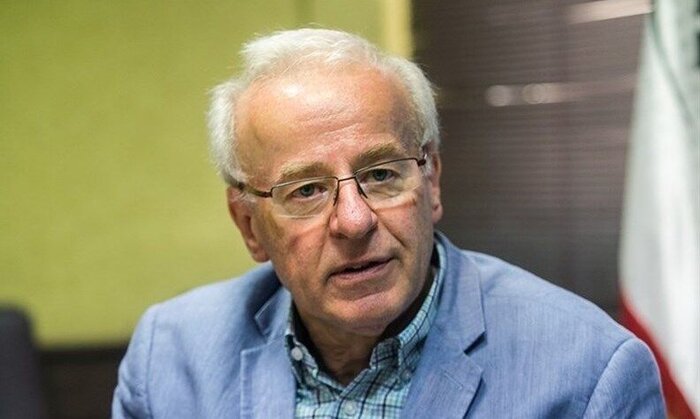Recent reports indicate that the EU is planning to reopen its diplomatic mission in Afghanistan within one month to deepen its limited engagement with the Taliban.
On this issue, IRNA has reached Heinz Gärtner, a lecturer at University of Vienna and a member of Austrian International Institute for Peace.
He told IRNA in an interview on Tuesday that "most of whose members are also members of NATO, is also accountable for consequences of the war."
Underlining that over 20 years of military intervention in Afghanistan didn’t bear a favorable outcome, the academician said that the EU was too late in realizing that it had a diplomatic and economic duty in Afghanistan in addition to the military mission.
Gärtner said, "For the last decades Afghanistan was always among the ten poorest countries in the world," adding that the World Food Programme has announced that "fifty percent of the Afghans face severe hunger in the coming winter."
The political science professor noted that the EU’s one-billion-dollar financial aid should be transferred via international and non-profit organizations as soon as possible and this required engagement with the Taliban.
"The EU-Foreign Ministers acknowledge that a minimal EU representation on the ground in Afghanistan is indispensable. The engagement and dialogue with the Taliban should be condition-based, especially on the respect for human rights in particular for women, children and minorities. The EU-Foreign Foreign Ministers were quick to underline that representation does not mean recognition."
Gärtner suggested, "The EU is very suspicious about the Taliban, especially on how they treated women and girls during their rule between 1996 and 2001 and also during the war. In order to prevent instability in the region, which includes the security issues from migration to the danger of terrorist attacks and the illicit drugs trade, the EU must cooperate with Afghanistan’s neighbouring countries. Besides the cooperation with Central Asian states, the EU has to recognize the necessity of a dialogue with Russia, Pakistan, Turkey, China and Iran."
The planned return of the EU comes as global powers attempt to work out how to deal with the Afghanistan’s new leaders. Brussels has said that it seeks a calibrated approach to the Taliban, pursuing engagement with the administration but stopping short of recognition.
The bloc believes it needs a role in a Taliban-led Afghanistan in order to lobby for the protection of human rights, to hold the Taliban to their pledge to stop the country becoming an exporter of terrorism again, and to help prevent a humanitarian crisis.
* Univ.- Prof. Dr. Heinz Gärtner is Lecturer for Political Science at the Universities of Vienna and Krems. He chairs the Advisory Board of the International Institute for Peace (IIP)
9416**9417
Follow us on Twitter @IrnaEnglish
